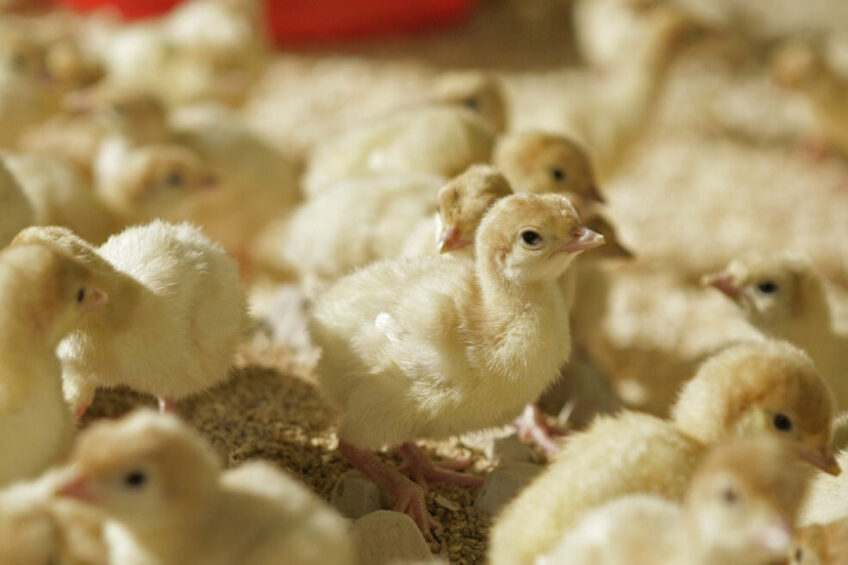AI outbreaks in France impact Russian turkey meat market

Russian turkey farmers warn of a slump in output in the first half of 2023 due to a shortage of hatching eggs, Anatoly Velmatov, executive director of the Russian national turkey producers’ association, told local news outlet, Rusng.
Currently, the Russian turkey industry lacks between 500 and 700 million hatching eggs. The problem is primarily associated with a series of avian influenza outbreaks in France, which disrupted export supplies, including those to Russian customers.
“A production slump can be [anticipated]. Our current shortage will reflect [on the production figures] of the first half of 2023. I believe [this will happen] closer to the second quarter,” Velmanov said, adding that a search for alternative suppliers remains problematic since the “epizootic situation doesn’t improve worldwide”.
Self-sufficiency is not within reach
He estimated that the existing and planned hatching egg production in Russia would be sufficient to cover only 80% of the domestic demand.
Currently, Russian poultry farmers are building several new hatcheries, including one near Tyumen, with 12 million hatching eggs per year, and Voronezh, with a capacity of 6 million hatching eggs per year. New operations are expected to begin in the country in 2023 and 2024.
Expanding production
In 2022, Russian turkey meat production could add 5-7% to the previous year’s level, reaching 420,000 tonnes. Last year Russia was likely ranked second on the list of the world’s largest turkey meat manufacturers, according to the Russian national turkey producers’ association.
At the end of last year, retail turkey meat prices in Russia stabilised at 320-330 roubles (US$4.1-US$4.2) per kg. Russia saw a steady rise in sales of turkey meat on the domestic market over the past several years. Turkey primarily competes with pork in terms of price and beef in terms of quality, Velmatov said.
Consumer basket under scrutiny
Velmatov also recalled that a group of Russian scientists recently proposed revising the consumer basket, replacing beef with turkey. He explained that such a step would be justified since turkey has similar nutritional value and is half the price.
Russia currently exports turkey to Africa, China and the Middle East. Velmatov said that in 2022, Russian turkey exports jumped by 100% to 150% compared to the previous year, not providing concrete figures.
By 2030, Russia’s turkey export is forecasted to quadruple compared to 2020 to 35,000 tonnes.












